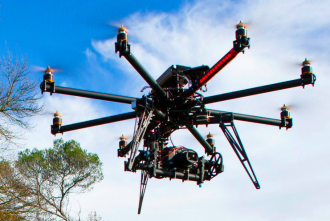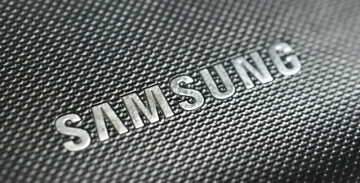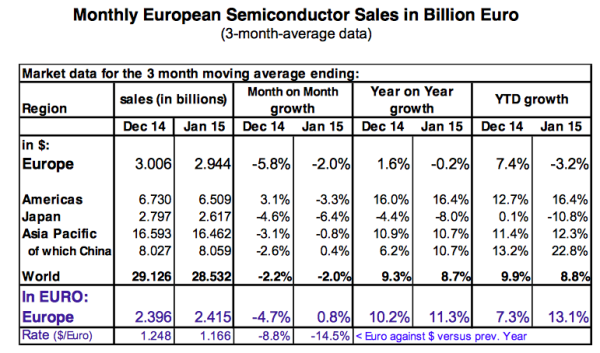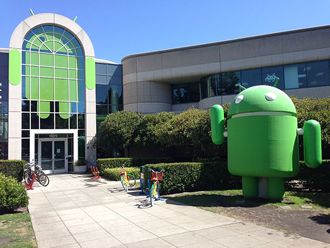VMWare has been sued in Hamburg for failing to comply with Open Source rules.
sued in Hamburg for failing to comply with Open Source rules.
The Software Freedom Conservancy said that Christoph Hellwig’s lawsuit against VMware has started in the district court of Hamburg.
In a statement the Conservancy said that it was a regretful but necessary next step in both Hellwig and Conservancy’s ongoing effort to convince VMware to comply properly with the terms of the GPLv2.
For those who came in late, GPLv2 is the licence of Linux and many other Open Source and Free Software included in VMware’s ESXi products.
Hellwig is a key Linux kernel developer and one of the earliest members of Conservancy’s GPL Compliance Project for Linux Developers. He has been muttering about VMware’s misuse of GPL-licensed code since 2007.
In 2011, Conservancy discovered that VMware had failed to provide nor offer any source code for the version of BusyBox included in VMware’s ESXi products (as required by BusyBox’s licence, GPLv2).
Hellwig joined Conservancy’s GPL Compliance for Linux Developers in late 2012 and helped provide an analysis of the non-compliant releases of ESXi that VMware provided.
The conservancy said that it became apparent that VMware’s current ESXi products infringed many of Hellwig’s own copyrights, due to VMware’s failure to comply with Linux’s licence, GPLv2.
But VMware’s legal counsel finally informed Conservancy in 2014 that VMware had no intention of ceasing their distribution of proprietary-licensed works derived from Hellwig’s and other kernel developers’ copyrights, despite the terms of GPLv2.
The Conservancy and Hellwig claim that VMware has combined copyrighted Linux code, licensed under GPLv2, with their own proprietary code called “vmkernel” and distributed the entire combined work without providing nor offering complete, corresponding source code for that combined work under terms of the GPLv2.
Hellwig is an extensive copyright holder in the portions of Linux that VMware misappropriated and used together in a single, new work without permission.




















